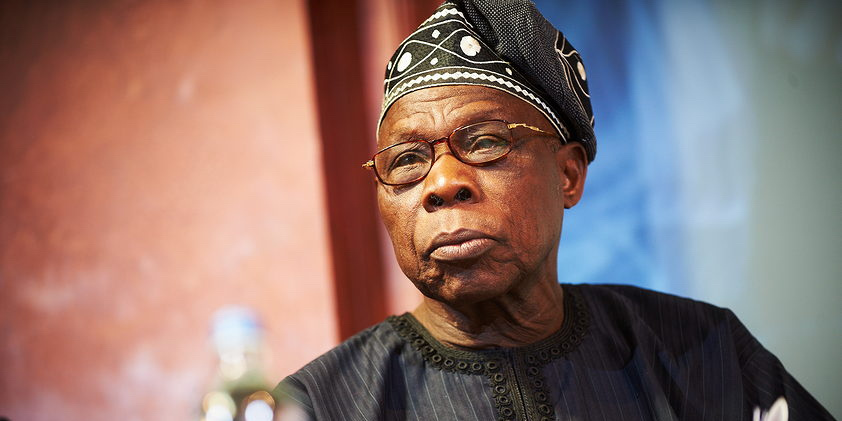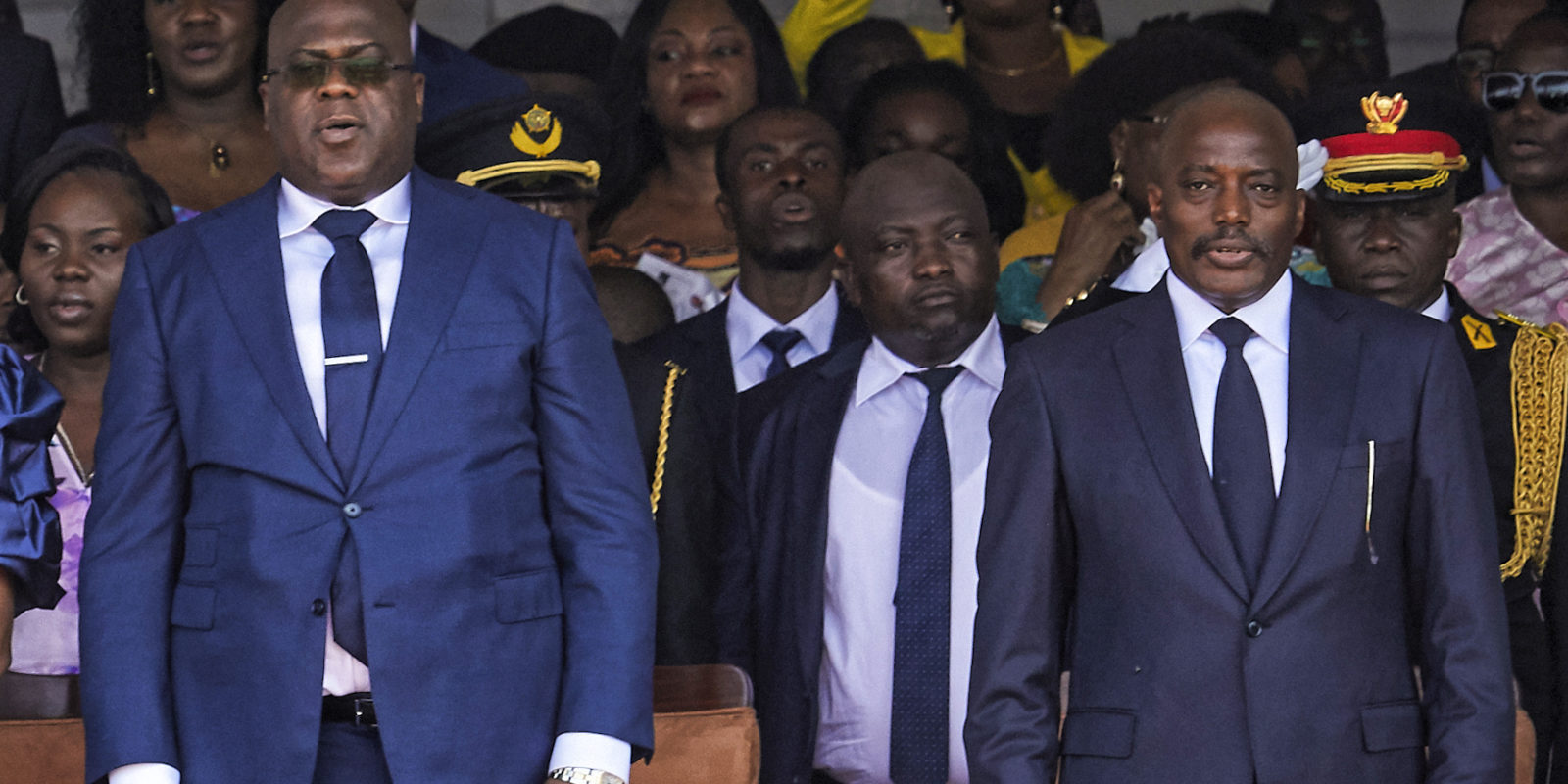News
Right-thinking Nigerians agree with my criticisms of the Buhari government — President Obasanjo

Former Nigeria Head of State, Olusegun Obasanjo has defended his backlash of the Muhammadu Buhari government insisting that right-minded people will side with him.
The Former President noted that he criticises the government because he wants the best for the country and suggested that the Buhari-administration’s attempt to discredit him will not gag him.
Olusegun Obasanjo is of the firm conviction that other Nigerians who have the country at heart will reason along with him.
In an interview with Kwabena Kyenkyenhene Boateng on ’21minutes with KKB’, the former leader stressed, “I don’t worry about anything. If you are right thinking, fear-minded Nigerian who is concerned about the Nigerian situation you will agree with most of the points that I have made”
He went boasted that with the benefit of hindsight, many people have come to believe claims he made during the regime of Good Luck Jonathan.
Olusegun Obasanjo recounted that at the time when he criticised the former President, his ‘attacks’ did not go down well as people thought he was unnecessarily bashing the government.
The situation today in his opinion is different as he asserts “I cried wolf, I said Jonathan was not performing and some people said, again, he is crying wolf. Now with the benefit of hindsight, it is proved that Jonathan the areas that I pointed out were found to be true.”
Olusegun Obasanjo argued that he isn’t perturbed by the reprisal he gets from government officials and sympathisers of the Muhammadu Buhari-Government.
The Former Nigerian President, who was one time a military leader, insisted that he had faced all manner of retributions for airing his views on issues of national significance including serving a jail term thus, nothing would stop him from making his points known.
He questioned the attacks he receives for airing his views stressing that people should be allowed to criticise as the outcome of their criticisms may be justified or not with the passage of time.
“That is good. If I cry wolf and there is nothing to worry about, good. If you cry wolf and there is no wolf, good but if you cry wolf and there is wolf then we have seen there is no time that I have cried and nothing has not happened. I cried and I was arrested and gone to jail, don’t forget. I went to jail for almost three-and-half years and what did I cry wolf about? I said the military should not remain in power. Anyone in the military who wanted power should get out of the military, put down his uniform and contest election. We have arrived with that” he averred.
Olusegun Obasanjo, however, refused to publicly criticise Muhammadu Buhari or comment on his governance outside Nigeria.
He maintains that his views of the government have been aired in his native Nigeria and thus it is uncalled for to repeat his criticisms on a platform outside Nigeria.
Despite not being within the jurisdiction, the former Head of State who governed from 1999-2007, indicated that he constantly relays messages to aired in Nigeria.
He remarked on ’21minutes with KKB’ that, “I normally don’t discuss the situation of Nigeria politically outside Nigeria. All that I need to say about Buhari’s administration I have said it in Nigeria. What I believe should be done I have stated in Nigeria and only yesterday I issued another which expresses my concerns and actions that I believe should be taken.”
The interview took place on the sidelines of a book launch at the conference room of the Center for Democratic Development in Accra, Ghana.
The book which is a sequel to the earlier published book titled “Making Africa Work” is co-authored by Former Nigerian President Olusegun Obasanjo, Dr. Greg Mills of the Brenthurst Foundation in South Africa, Jeffrey Herbst, and Tandai Biti, with a foreword by H. E. Ellen Johnson Sirleaf, Former Liberia President.
The book titled, “Democracy Works: Rewiring Politics to Africa’s Advantage” is available at the moment on Amazon and is scheduled to be launched in several African countries.
This article was originally published in The National Accord.


